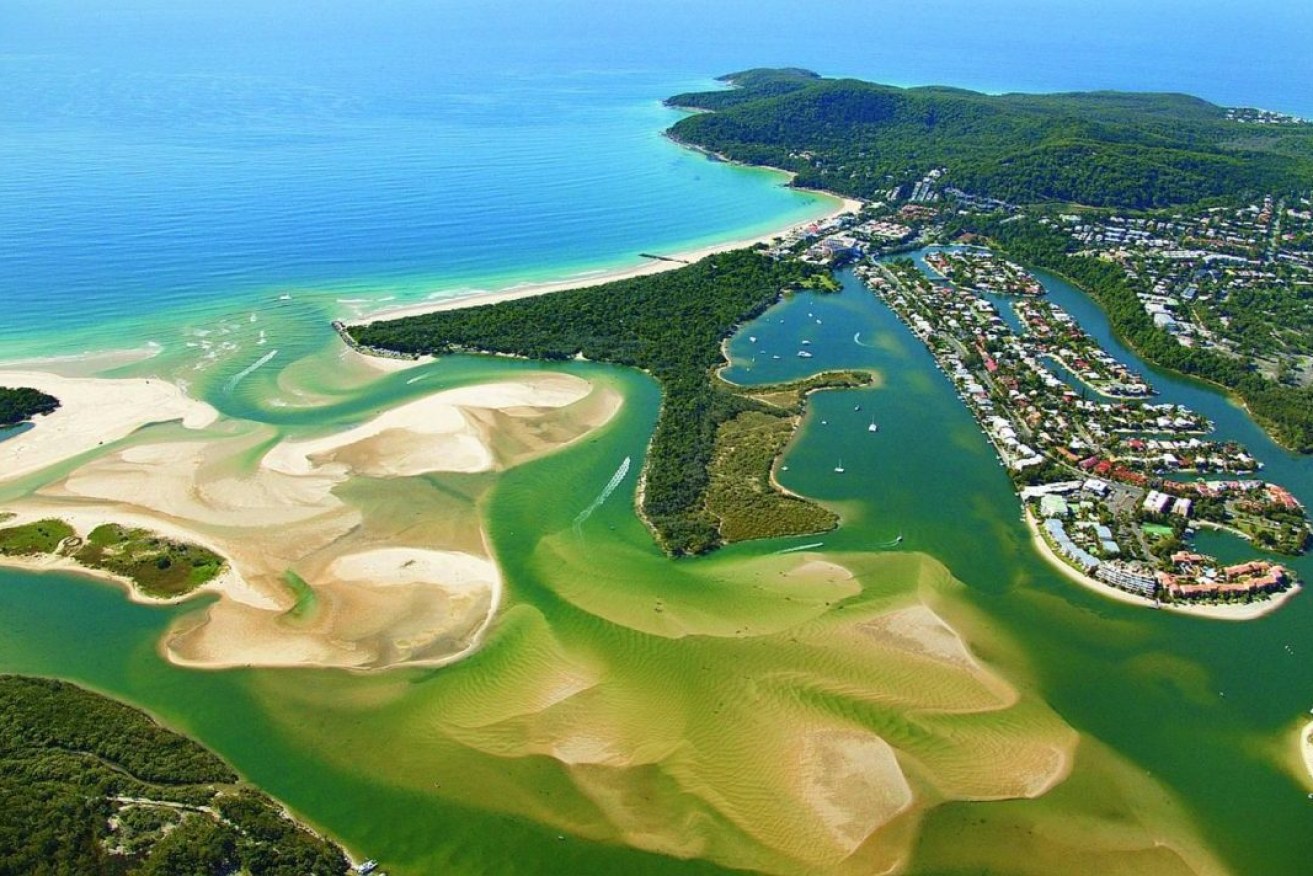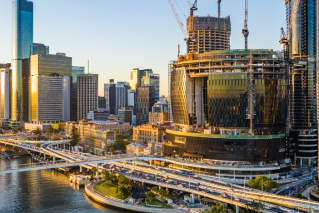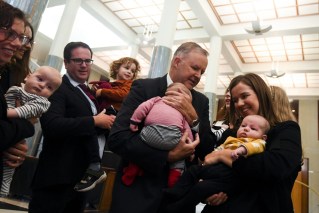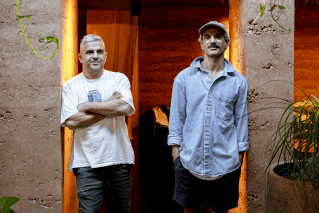How Noosa might be the canary in the coal mine in battle against overcrowding
Not long after the borders reopened following Covid, I met a couple who were managers of a resort in Noosa. They were getting out, quitting, and heading to the relative calm of remote WA because life in the beachside town had become too frantic.


Noosa has already revealed over-population and over-toursim pressures (Pic: Supplied)
They were flooded by tourists and working all hours because of a lack of staff.
Since then, Fortress Noosa has become a real thing.
Campers, AirBnB operators and people overstaying their welcome in the streets are all targets of the council as it grapples with the enormous popularity of the beachside town.
They even turned their anger towards the State Government over its draft regional planning scheme which indicated the council was facing more and more people and the prospect of increased density that would lead to a doubling of the building heights allowable.
There are separate issues here: overpopulation and over-tourism, but Noosa will show they are intertwined. It is not alone and it may be that the town is the canary in the coal mine of population growth.
Around the world, overpopulation and over-tourism are causing communities to react.
In Spain, locals at a Majorca beach erected signs in English warning tourists that it had been closed because of jellyfish. Underneath was another sign in Catalan telling locals that it was indeed open. The English warning was just to keep tourists away.
In France, influencers have been hired to direct English tourists away from places like Mount Saint Michel and in Paris, short term accommodation has been limited to move people out of the city just before it gets hit with the wave of Olympic fans.
Last year, Venice announced a new time slot system to control over-tourism, forcing visitors to register in advance and pay an entrance fee if they wanted to visit the city. They scrapped the idea after a vocal backlash.
Amsterdam has banned cruise ships and in Athens they adopted time slots for the Acropolis.
A few months ago, In Queensland reported the results of some Tourism and Events Queensland surveys which revealed that people on the Gold Coast did not want tourism levels to get any bigger and complained about the impact it had on prices for housing and food.
It seems there are people who just want the world to stop so they can get off and that could be a concern for the State and Federal governments.
Noosa won’t be the last council to voice concerns about surging population and tourism demands.
For those Brisbane people who don’t venture that far north, Noosa is a madhouse in summer. And if the surf is up don’t even try to get a park around near the National Park entrance.
Noosa’s residents have every right to be angry about how they are being loved to death, but the reason people continue to throng to the town is the very same reasons those residents chose Noosa in the first place – so it’s a little cute to move in and then turn around and close the door behind you.
Even so, Noosa won’t be the last community to react this way. Population and overcrowding are going to be big issues if the Government’s projections of 6 million people in Queensland comes true.
But recognising a problem and solving it are very different things.
Councils and government will be forced to make some pretty difficult decisions. Maybe they’ll start listening to the planners.
Tools like time slots would be difficult to enforce and probably expensive. Banning cars in some areas might be an option, but comes with its own set of problems.
No matter what, the State and local governments have a lot of thinking to do on the subject.












